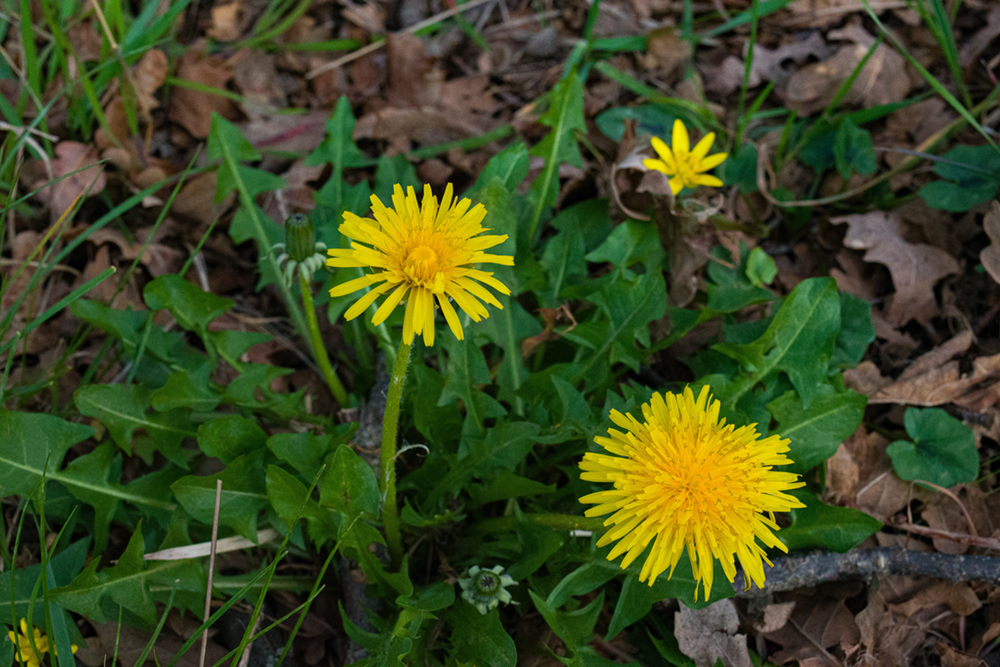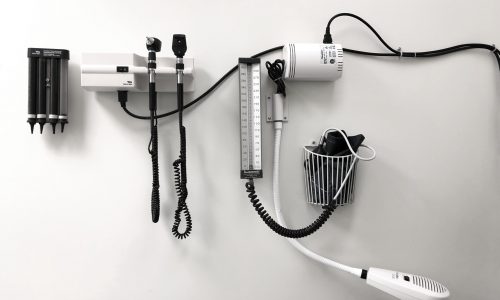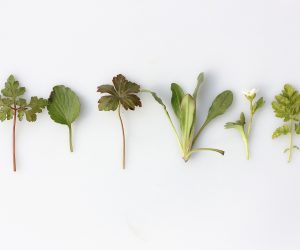
Highly Therapeutic and Medicinal Herbal Remedies
Al Sears, MD, CNS – In the early days of my medical practice, I developed some highly therapeutic and medicinal herbal remedies in an apothecary’s garden I kept behind my first clinic.
I called it my “healing garden.” I would grind the plants and extracts myself to treat my patients with my own homegrown, herbal formulas.
Some of my most popular herbal remedies contained Taraxacum officinale – better known as the humble dandelion.
The word “dandelion” is an English corruption of the French name for the plant – “dent de lion,” which means “lion’s tooth,” and refers to the tooth-like serrations on the leaves.
Sadly, conventional medical doctors simply don’t recognize the value of herbs in general.
But these herbaceous perennials that grow from a singular, unbranching tap root are not just pesky weeds that pop up on your manicured lawn.
Dandelion is a Cancer Killer
Canadian scientists have found evidence that dandelion root is also a powerful crusader against a range of cancers – including gastric, skin, pancreatic, prostate and leukemia cancers.
I’m not surprised. For centuries, dandelion root has been used to treat dozens of ailments, including acne, liver disease, and digestive disorders. Studies have also shown that the bioactive compounds in dandelion root can lower LDL (bad) cholesterol levels, and can dramatically lower the risk of heart disease.1
Its leaves also act as a natural diuretic and contain high levels of potassium, making it ideal for treating high blood pressure. And the plant’s bright yellow flower contains potent antioxidant properties that counteract the chronic inflammation that leads to cellular damage, accelerated aging and chronic diseases.
Meanwhile, dandelion extracts have also been shown to possess antidepressant and anti-inflammatory properties.
The latest studies by researchers at two Canadian universities – Windsor and Ottawa – reveal that dandelion root extract affects cancer proliferation by targeting proteins that promote cancer cell growth and migration, causing the cancer cells to die.2,3,4
The studies also showed dandelion root extract can be used to reduce the drug-resistance of cancer cells.
While the research is highly promising, all of the studies were conducted on animal subjects or with isolated cancer cells in laboratory petri dishes.
Human research is the next step and, after decades of recommending dandelion root extract to my own patients, I expect these results to be just as promising.
How to Get Dandelion’s Cancer-Fighting Benefits
I recommend making your own strong tea decoction from dried dandelion roots.
If you steep the ground roots overnight, or use the lowest setting on your stove to maintain heat for several hours, you’ll get the maximum medicinal value.
The result is a delicious dark brown tea that tastes almost like roasted chocolate.
Dandelion root supplements are also available as teas and coffees on the internet or in health food shops.
But be careful about using dandelions from your lawn or parks, because gardeners often use crabgrass and dandelion killers like Weed-B-Gone, Weedone, Miracle, Demise, Lawn-Keep, and Raid Weed Killer, all of which contain chlorophenol, a notorious carcinogen.
To Your Good Health,
![]()
Al Sears, MD, CNS
References:
1 Choi UK, et al. “Hypolipidemic and Antioxidant Effects of Dandelion (Taraxacum officinale) Root and Leaf on Cholesterol-Fed Rabbits.” J Mol Sci. 2010 Jan; 11(1): 67–78.
2 Yu-Cheng Li, et al. “Antidepressant effects of the water extract from Taraxacum officinale leaves and roots in mice.” Pharmaceutical Biology, 52:8, 1028-1032
3 Chatterjee J, et al. “The Efficacy of Dandelion Root Extract in Inducing Apoptosis in Drug-Resistant Human Melanoma Cells.” Evid Based Complement Alternat Med. 2011; 2011: 129045.
4 Nguyen C, et al. “Dandelion Root and Lemongrass Extracts Induce Apoptosis, Enhance Chemotherapeutic Efficacy, and Reduce Tumour Xenograft Growth In Vivo in Prostate Cancer”, Evidence-Based Complementary and Alternative Medicine, vol. 2019, Article ID 2951428, 12 pages, 2019.
To read the original article click here.






